Learn how to Support Victims/Survivors of Domestic or Sexual Violence
If you are concerned about someone you think may be experiencing domestic or sexual violence, there is a lot you can do to help. It is ok to not know what to do. It is ok to feel uncomfortable about getting involved. It is ok to feel overwhelmed. However, it is not okay to turn a blind eye to it. Not anymore.
If you have spotted signs that have made you uncomfortable and wonder if someone is a victim/survivor of DSGBV, then go with your gut instinct. Don’t wait for them to approach you but look for a private moment when you can express concern and let them know they are not alone and that you are there to support them. Do not confront their abuser as you will put yourself and them in danger by doing so. If you think they are in immediate danger speak to An Garda Síochána or ring one of the national domestic violence helplines.
The most important thing you can do to help someone is to provide emotional support and listen to them if they are ready to talk to you. Be aware that talking about experiencing DSGBV is incredibly difficult, and they may not be ready to talk to you about it. DSGBV if often about power and control and the person you are concerned about may resist wanting to talk about what has happened or might just not be able to yet. That is perfectly okay and do not force them.
If someone does disclose to you that they are a victim of DSGBV, tell them you believe them and just listen to whatever they want to say to you. It is important that you are supportive and not judgemental. Just tell them you are concerned and that no matter what has happened to them, none of it is their fault. Provide information on supports available but do not advise them. Don’t just tell them to leave the relationship. The most dangerous time for someone suffering domestic violence is when they leave. They will know the best time to do that. Tell them you will go with them to get support.



